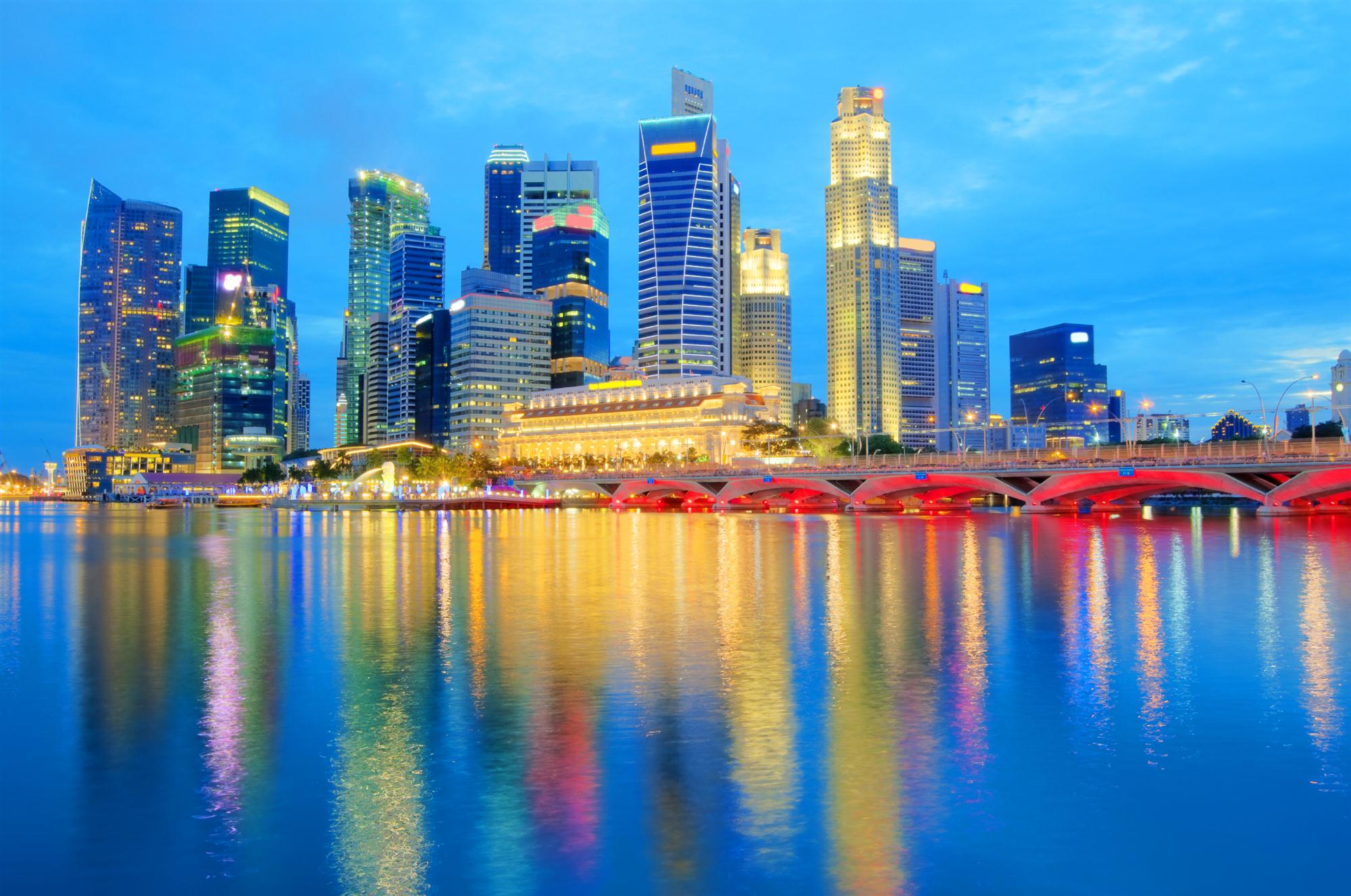Singapore came in a surprising seventh among 17 Asia-Pacific economies in a new index on illicit trade prevention, dragged down by poor governance of free trade zones (FTZs) and the perceived lack of cooperation.
The report, which was released last month, also noted that Singapore is the only developed country in the index that does not have a customs recordal for intellectual property owners to register trademarks, patents and copyrights.

Published by the Economist Intelligence Unit (EIU), the Illicit Trade Environment Index placed Australia at the top, followed by New Zealand, Hong Kong and Japan.
China, despite its reputation as a global centre of counterfeit and pirated goods, was ranked eighth – just behind Singapore – thanks to improving intellectual property protection and increasing transparency. Cambodia, Laos and Myanmar came last in the table.
Sponsored by the European Chamber of Commerce in Singapore, the index measured the extent to which a country enables illicit trade, either through action or inaction. The EIU looked at four policy categories covering intellectual property, transparency and trade, customs environment and supply and demand.
The report suggests that the volume of counterfeit and misdeclared goods, drugs, weapons and other types of illicit trade moving across borders continues to increase, and that illicit trade tends to follow the same routes as its licit counterpart.
Although Singapore scored well on customs environment, it came fourth from bottom in transparency and trade. It is among the eight countries in the regions that experts view as being uncooperative with stakeholders, and received second lowest rating for its free trade zone governance.
Insufficient oversight of free trade zones, where shipments can be re-packaged, relabelled, processed, or assembled before being imported into the national territory, exported to the country of destination or sent to another free trade zone, is a major enabler of illicit trade, according to the report.
In free trade zones that are not monitored by customs or law enforcement, smugglers are free take a variety of actions to hide or disguise illicit shipments, including mislabelling the country of origin and the packages themselves, as well as consolidating and mixing cargoes.
Nick Redfearn, the Jakarta-based deputy CEO and partner at law firm Rouse, who contributed to the study, said that poor governance and the perceived lack of cooperation amounts to “an abdication of responsibility,” considering the benefits Singapore reaps from the free trade zones and its broader role as a regional logistics hub.
Singapore is one of the world’s busiest ports and has long been the largest transhipment hub. It plays a vital role in facilitating trade within ASEAN, and more broadly, between Asia and Europe, the report noted.
Dirk Visser, a senior shipping consultant with Dynamar, a shipping consultancy, estimated that Singapore received US$1.67 billion in direct revenue from transhipment in 2015. The figure can rise to US$5 billion to US$6.7 billion when indirect economic benefits are taken into account.
Quoting a local lawyer who specializes in intellectual property, the study found that neither Singapore Customs nor any other government authority has a consistent presence inside the country’s seven free trade zones, which run 24 hours a day.
Speaking to Asia Cargo News, Redfearn said Singaporean authorities must step up efforts to crack down on illicit trade if they want to be constructive global citizens.
“The authorities are collecting container fees for shipping much of the world’s counterfeits via Singapore,” he said. “Customs are very reluctant to interfere with trade, so they tolerate illicit trade because it would cost money to stop it – inspecting and looking for illicit goods – notwithstanding that they could use all those illicit earnings to stop it.”
There is also an unhealthy connection between Singapore and nearby Batam in Indonesia, which includes a free trade zone. “It is connected to the transhipment. Of course, 90% of the trade is legal, but it is suspected that a large amount of illicit trade is handled in and out of Batam, with Singapore traders’ and shippers’ involvement,” Redfearn added.
In an emailed statement to the Associated Press, Singapore Customs said that the country was “not a major origin or destination” for IPR infringements and counterfeit goods.
“Given that Singapore ports have a high volume of trade and tight turnaround times, it would be more effective to adopt an intelligence-led approach based on information received from overseas counterparts to enforce against such suspected shipments,” the authority said in its statement.
A separate study by the Organization for Economic Co-operation and Development has previously found that Singapore is an important transit point for counterfeits. Two in every 100 imitation goods seized worldwide in recent years have been traced to Singapore, making it the third-largest source of counterfeits globally.
|
Rank |
Country |
Score |
|
1 |
Australia |
85.2 |
|
2 |
New Zealand |
81.8 |
|
3 |
Hong Kong |
81.4 |
|
4 |
Japan |
75.9 |
|
5 |
Malaysia |
71.8 |
|
|
South Korea |
71.8 |
|
7 |
Singapore |
69.8 |
|
|
Taiwan |
69.8 |
|
9 |
China |
61.6 |
|
10 |
India |
54.1 |
|
11 |
Thailand |
53.1 |
|
12 |
Philippines |
50.4 |
|
13 |
Vietnam |
49.4 |
|
14 |
Indonesia |
46.1 |
|
15 |
Cambodia |
23.9 |
|
16 |
Laos |
12.9 |
|
17 |
Myanmar |
10.8 |
By Simon Lee
Asia Cargo News | Hong Kong




